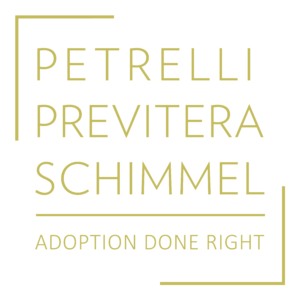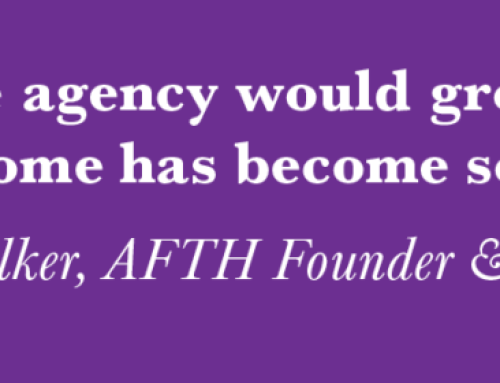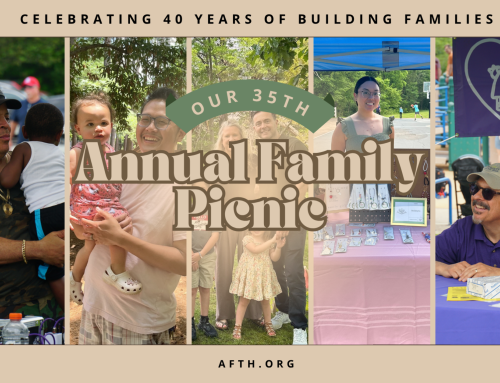
A will is an important document for any adult to have, as it specifies who will receive your property and who will care for your children if they are still minors when you pass away. Property mentioned can include anything with monetary or emotional value, including your home and land, your car, bank accounts and investments, jewelry, art, pets, and more. Simply put, it gives you the peace of mind that your wishes will be carried out after you’re gone.
If you have already filed a will (or are thinking about drafting one) and you have adopted a child, you may be wondering how the will’s terms will differ and which rights are automatically granted to your adopted child. Below are a few important points to remember.
Your Child’s Legal Inheritance Rights
When a child is adopted, he or she becomes the legal child of the adoptive parents and receives the right to the same inheritance from the parents as any biological children. Unless specified otherwise, an adopted child is included in the parents’ will as part of “all my children” and under the term “issue,” which extends beyond the parents’ children to also include lineal descendants like grandchildren and great-grandchildren.
If the adoptive parents die intestate – meaning they pass away before drafting a will – the adopted child automatically has the right to a share of their property. Even if the parents have a will and do not update it to specifically include the adopted child before they die, he or she will still have the right to receive a portion of their property.
No More Legal Ties to the Birth Parents
Aside from cases in which children are adopted by stepparents and second-parents, adoption severs the legal parent-child relationship with the birth parents and birth siblings. After the adoption is complete, the child will no longer have inheritance rights connected to the birth parents’ property. The birth parents will likewise have no rights to the child’s estate once he or she reaches adulthood.
Include These 3 Things About Your Children in Your Will
Your will is a legally-binding document; the more detail you include, the more closely your wishes can be carried out after you’re gone. If you’re starting from scratch, it’s a good idea to consult with a lawyer right away to ensure you cover all the bases and use appropriate language. Below are a few things to consider specifically regarding your children when drafting your will.
- Your Beneficiaries: A will can be as simple or as complex as you want it to be. You can use terms “issue” and “all my children” to be all-encompassing when dividing certain property. You can also be more specific and determine exactly who gets what.
- Your Executor: Choose a responsible person to execute the wishes you have outlined in your will. It’s often a good idea to avoid choosing one of your children as executor, and instead picking a neutral third-party.
- Your Children’s Guardian: You can designate a guardian to care for your children if you pass away while they are still minors. Otherwise, the court will make that decision.
Being in control of your property is smart planning. While your adopted child automatically has inheritance rights, it’s a good idea to think about how you would like to specify the treatment of certain assets. When you’re ready to make it official, contact an experienced lawyer to guide you through the drafting and filing process.
Author Profile
 Diana Schimmel has dedicated her career to family law. She established Schimmel Family Law in 2013, and after working as a solo practitioner for almost four years, Diana partnered with Melinda Previtera to establish Previtera & Schimmel. In 2017, they merged with another prominent family law firm to become Petrelli Previtera Schimmel, LLC.
Diana Schimmel has dedicated her career to family law. She established Schimmel Family Law in 2013, and after working as a solo practitioner for almost four years, Diana partnered with Melinda Previtera to establish Previtera & Schimmel. In 2017, they merged with another prominent family law firm to become Petrelli Previtera Schimmel, LLC.
Earlier in her career, Diana worked as a child advocate attorney for the Defender Association of Philadelphia in its Child Advocacy Unit. As an active member of the legal community, her outstanding work continues to earn her the recognition of her peers. She has been included in Pennsylvania Super Lawyers’ Rising Stars List and selected as a Lawyer on the Fast Track by The Legal Intelligencer. Diana has also been named a Top Family Law Attorney by Philadelphia Life Magazine and Best Overall Advocate by the Widener Intensive Trial Advocacy Program. Diana volunteers with the Philadelphia Volunteers for the Indigent Program, The Montgomery Child Advocacy Project and The Field Center for Children’s Policy, Practice & Research.





